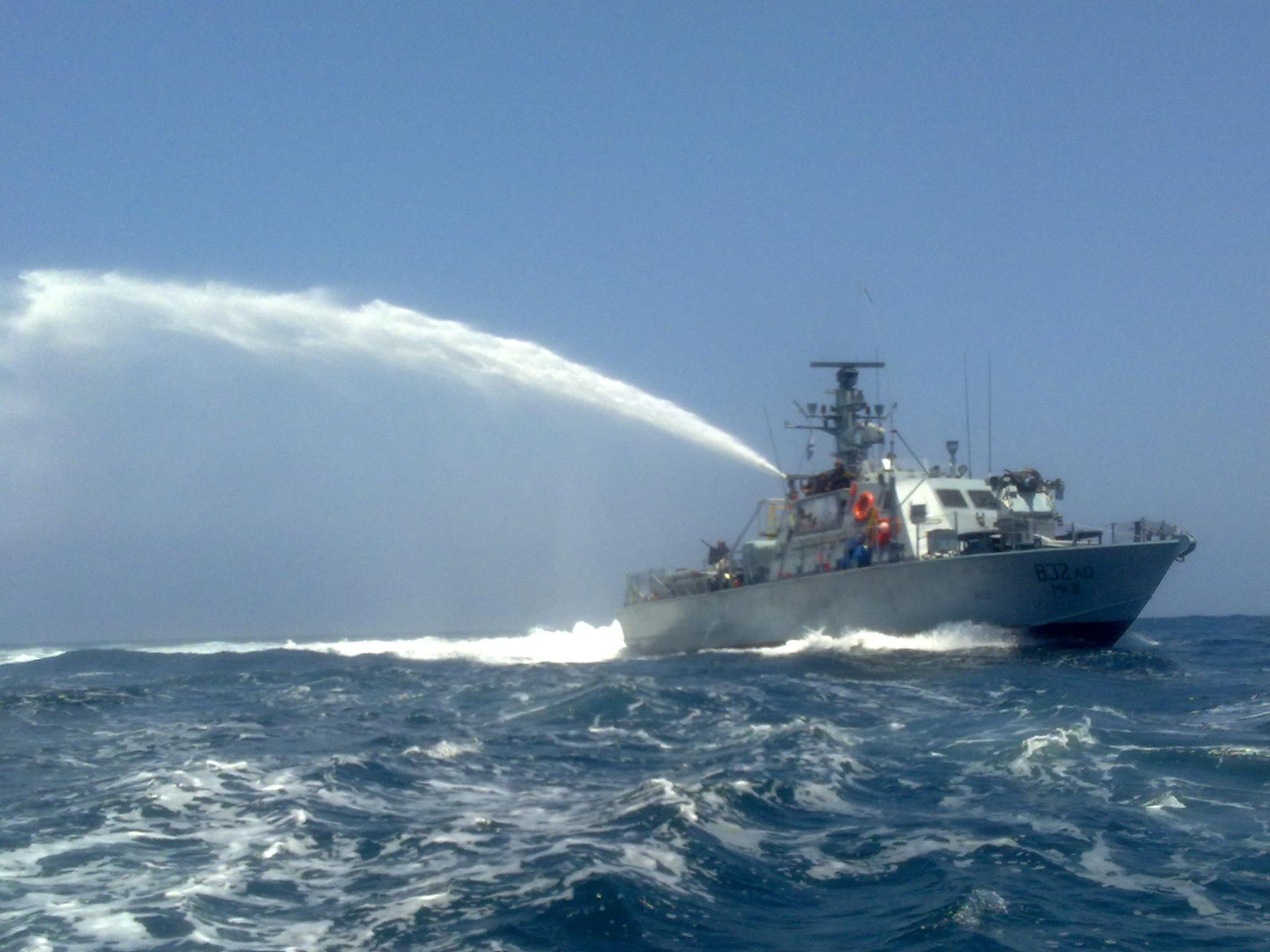-
CPS Gaza crew attacked by Israeli warship
13 July 2011 | Civil Peace Service Gaza For Immediate Release Israeli naval forces attacked the Civil Peace Service Gaza monitoring boat with water cannons earlier today. Civil Peace Service Gaza is an international third party non-violent initiative to monitor potential human rights violations in Gazan territorial waters. The initial attack happened at 12.05pm local time. […]
-
Three years have come and gone in Beit Hanoun
12 July 2011 | International Solidarity Movement, Gaza Three years of protests have come and gone in Beit Hanoun. Every week, for three years, the people of Beit Hanoun have come out to protest against the occupation, against the wall that prevents them from returning to their homes in ’48, against the buffer zone which prevents […]
-
EI: Solidarity at sea on board the Oliva
12 July 2011 | Rana Baker, Electronic Intifada For years, Palestinian fishermen have been subject to routine attacks, shootings and arrests by the Israeli navy as they attempt to ply their trade in the seas off the coast of Gaza. A month ago, Oliva, the first boat to monitor human rights violations in the Palestinian […]
Action Alert An Nabi Saleh Apartheid Wall Arrests BDS Bethlehem Bil'in Cast Lead Demonstration Denial of Entry Ethnic Cleansing Farmers Gaza Global Actions Hebron House Demolition International law Israeli Army Jerusalem Live Ammunition Nablus Ni'lin Prisoner Ramallah Rubber-coated steel bullets Settlement Settlers Settler violence Tear-Gas Canister Video

